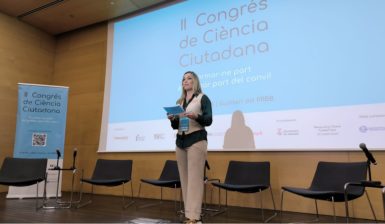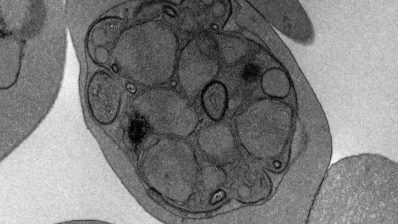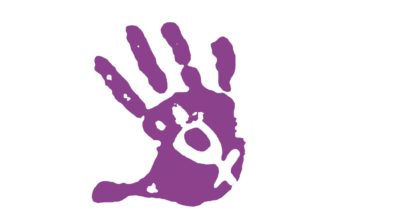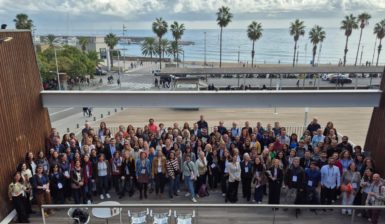Our health can be affected by many factors. One of them is the fact of living in a city.
The European project EXPANSE (EXposome Powered tools for healthy living in urban settings), in which researchers from the Barcelona Institute for Global Health (ISGlobal) are participating, seeks to understand precisely how the place where we live and work can affect our health.
Specifically, the research groups will study, in 5 European cities – Utrecht (The Netherlands), Lodz (Poland), Athens (Greece), Basel (Switzerland) and Barcelona (Spain) – the effect of various factors on cardiobiometabolic and pulmonary diseases. More specifically, the study measures exposure to noise, light and air pollution, sleep quality, physical activity, nutrition, access to blue and green spaces – and even happiness, among other indicators.
The ultimate goal of the project, which has a budget of almost 12 million euros over four years, is to identify the social, behavioural and lifestyle factors that may modify chronic disease risk. It aims to provide evidence on how health can be maximised in a modern urban environment – a vitally important issue given that more than 70% of Europe’s population now lives in cities, a percentage that is growing all the time.
The EXPANSE study aims to understand how health can be maximised in a modern urban environment, where more than 70% of Europe’s population lives today.
Individualised follow-up of 5.000 people
The study will use existing general data from several European cohorts totalling more than 55 million people. It will also comprehensively monitor an additional 5.000 individuals (1.000 in each of the participating cities).
The 1.000 volunteers in Barcelona will receive a kit to measure, for two weeks, their exposure to particulate pollutants, among other things. They will also have to take their blood pressure, and the exogenous chemicals in their blood will be analysed using ultra-high resolution mass spectrometry.
In addition, through a game-like app, they will fill in data about their mental health, exercise, nutrition – even what they can see from their window.
Studying the exposome involves studying many environmental exposures, habits, social factors, etc. at once to understand how they interact with each other to affect our health.
“It is not the same to live in a street with a lot of noise but with a view of the sea, or in a place with a lot of light, or in one where you are surrounded by trees (which are known to have a beneficial effect on health, on an emotional level but also because they absorb carbon)…”, explains Sarah Williams, project manager, and the person in charge of recruiting volunteers. “The point of studying the exposome is to study how all these factors act together and how they affect us. And this is one of the novelties of EXPANSE, as most studies so far analyse these factors separately”, she adds.
The year-long fieldwork will end in May 2024. During this time, participants will be asked to fill in a questionnaire every two months – in addition to a specific two-week follow-up.
The project is now looking for people who are planning to move within the city of Barcelona in the next 6 months – are you one of them? Get involved!
The Barcelona team, led by Cathryn Tonne, already has almost all the volunteers, but now, Sara and her colleagues are looking for a special profile: adults who plan to move within the city of Barcelona (and metropolitan area) within the next six months. “This is because we also want to understand how a move affects people, if there are any trends (for example, moving to greener areas), and also to compare the exposome in the same people, in two different locations”, explains Williams.
If you are interested, you can find more information here or email expanse@isglobal.org.







